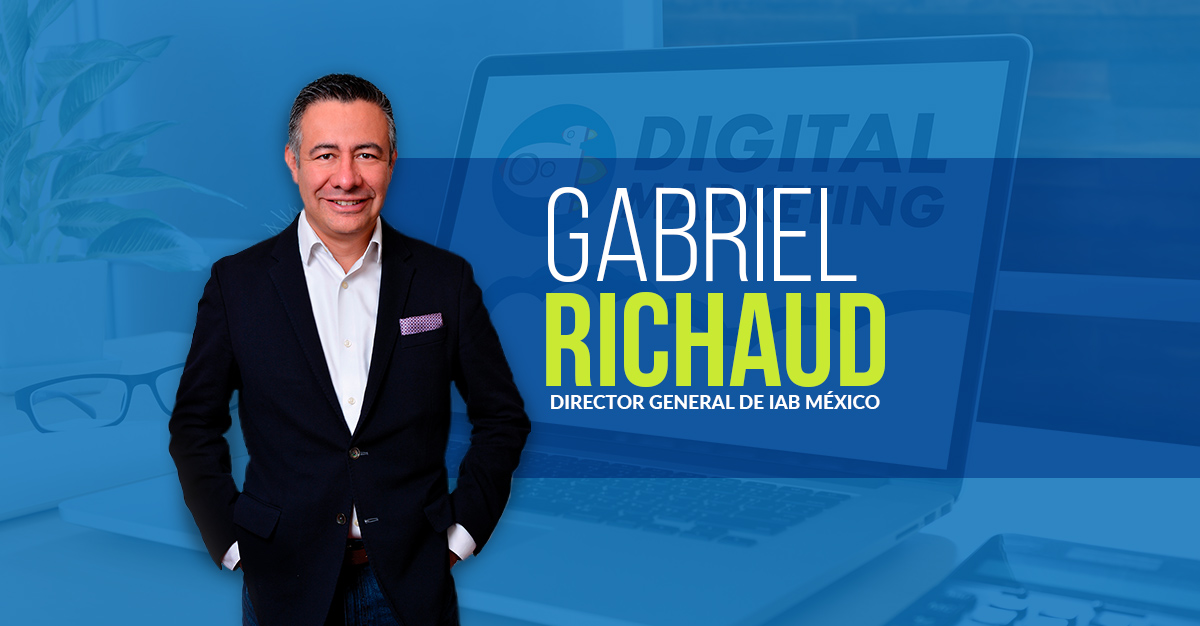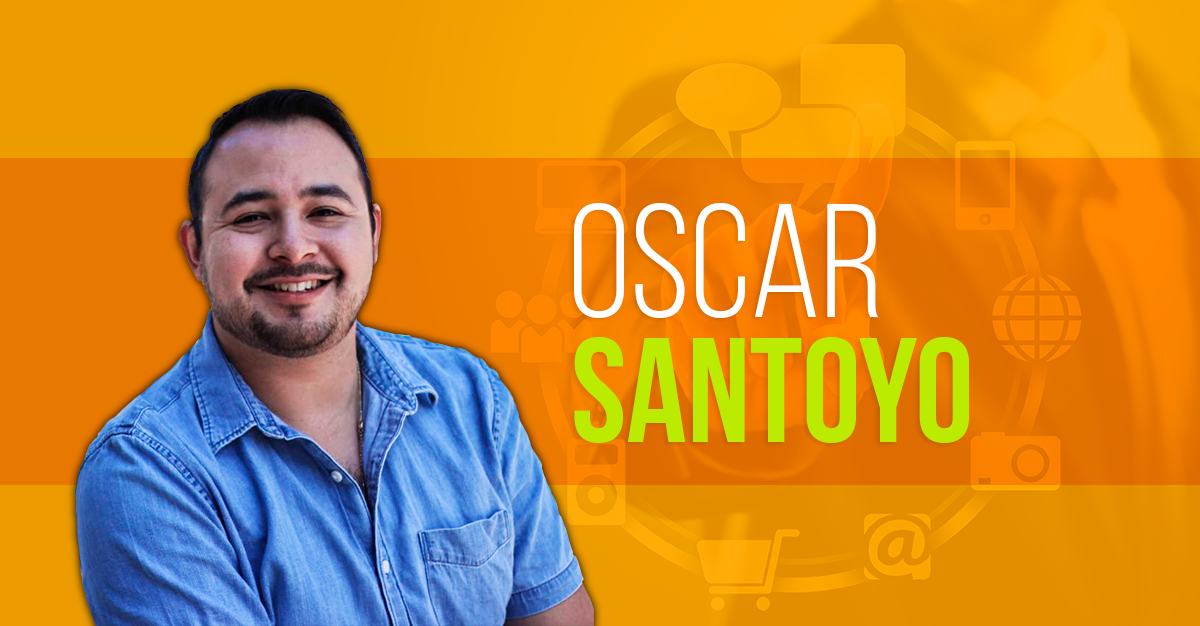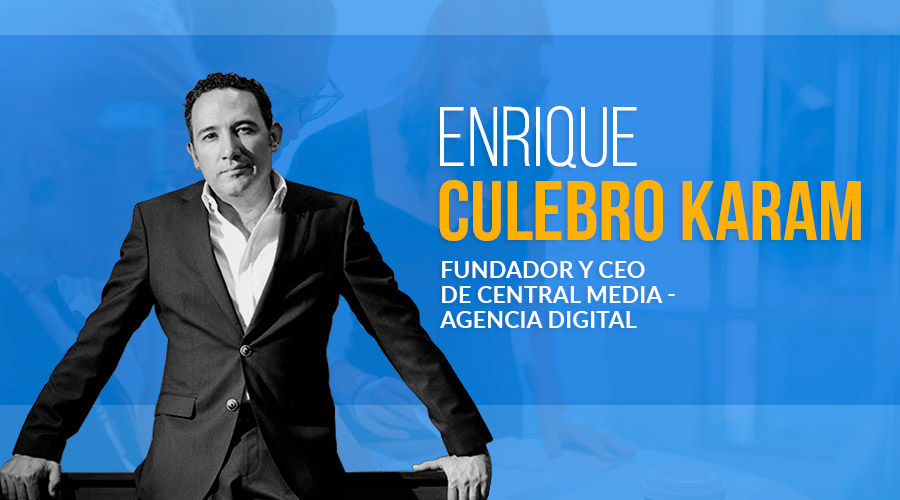Without a doubt, it was the tools and the different players who took the first steps in the structure of digital knowledge by explaining the use of the tools and perfecting their scope. Companies like Google have played a vital role in training and certifying the use of their platforms and it is currently a common practice that other companies such as Facebook, Oracle, comScore and many more have followed. These training and certification programs with global scope have had great relevance; However, when developing it in specific tools, there are restrictions on the generation of an agnostic vision, a fundamental aspect to have a comparative and strategic analysis of its use.
In a recent discussion forum, we were able to synthesize some other important criticisms regarding the use of digital platforms and that have their origin in the lack of training and professionalization of knowledge:
- There is a distance between what is understood as Marketing and Digital Marketing due to lack of knowledge, when that division should not exist.
- Education and training are required to establish relevant KPIs and Metrics in digital that are aligned with business or brand objectives.
- There is no common language and there is great ignorance regarding standards in the Digital Industry.
- There is a lack of knowledge throughout the ecosystem including customers to unleash the potential of ideas in a digital environment.
- The industry requires talent but it needs to have an impact at the country level by including all universities in study plans and teachers.
Today the great challenge lies in diversifying the educational offer for future professionals who are still in training at Universities, considering that this industry requires multidisciplinary profiles: Engineers, Actuaries, Marketers, Lawyers, Communicators working with teams of different professional profiles according to all the different industries they serve and that are being transformed into a digital environment.
Additionally, an angle that we cannot lose sight of is that training and professionalization of knowledge must occur on both sides of the ecosystem: ("buy side" and "sell side"). Advertisers, Agencies, Media and Technology Platforms must see this point as the critical factor to trigger greater value in the use of digital platforms.
In the last 10 years, the educational offer has been promoted through associations or companies specialized in training, which has contributed to solving this need, but it has been insufficient. IAB Mexico alone in 2017 provided more than 30,000 man-hours of training and we fell short. Positively, we have seen how companies such as ISDI, Hyper Island and some Universities have been adding educational offerings to their executive programs.
The digital certifications that IAB has promoted internationally seek to contribute in this sense. More than 4 years after the first Certification program for Commercial teams (Digital Media Sales Certification) began, today 5 certification programs have been developed including Ad Operations, Media Planning & Buying, Data Solutions and more recently a Foundational Certification program for people who have less than 6 months of digital experience. These programs have more than 10,000 participants worldwide and if we take into account the total number of people certified to date in Latin America we will barely reach 40 people, which gives us a clear idea of the gap we have to bridge regarding the certification of digital knowledge.
Finally we cannot lose sight of the fact that the maturity of this industry depends largely on constant training and certification of knowledge and for this we can take as reference other disciplines in which it is impossible to think that the professional is not qualified to be able to practice and give confidence regarding their activities such as lawyers, architects, accountants or doctors.
About Gabriel Richaud
Gabriel Richaud has more than 20 years of experience in Marketing, Sales, Strategic Alliances and Digital Business.
He is currently General Director of IAB Mexico (Interactive Advertising Bureau), the international non-profit association that brings together the main companies in Digital Advertising and Interactive Marketing. Previously he held the Director of New Business & Digital at Sony Music Entertainment México.
He has a Master's Degree in Administration with a Specialty in Senior Management from the Tecnológico de Monterrey, Campus Estado de México and a Bachelor's Degree in Marketing from the same institution with specialization in International Business from Hogeschool Vor Economische Studies, in Amsterdam, Netherlands.
Gabriel Richaud has been a professor of the subjects of Advertising, Comprehensive Marketing Communication and Digital Marketing for the last 14 years at the Tecnológico de Monterrey Campus Mexico City and Santa Fe, as well as in the master's programs of the Graduate School (EGADE).







